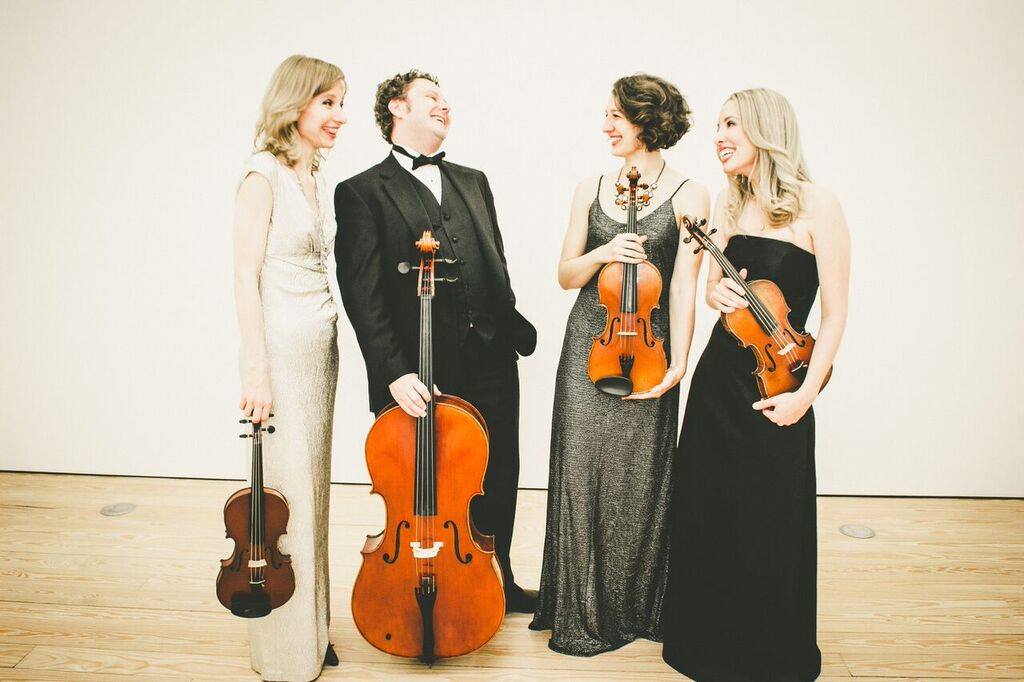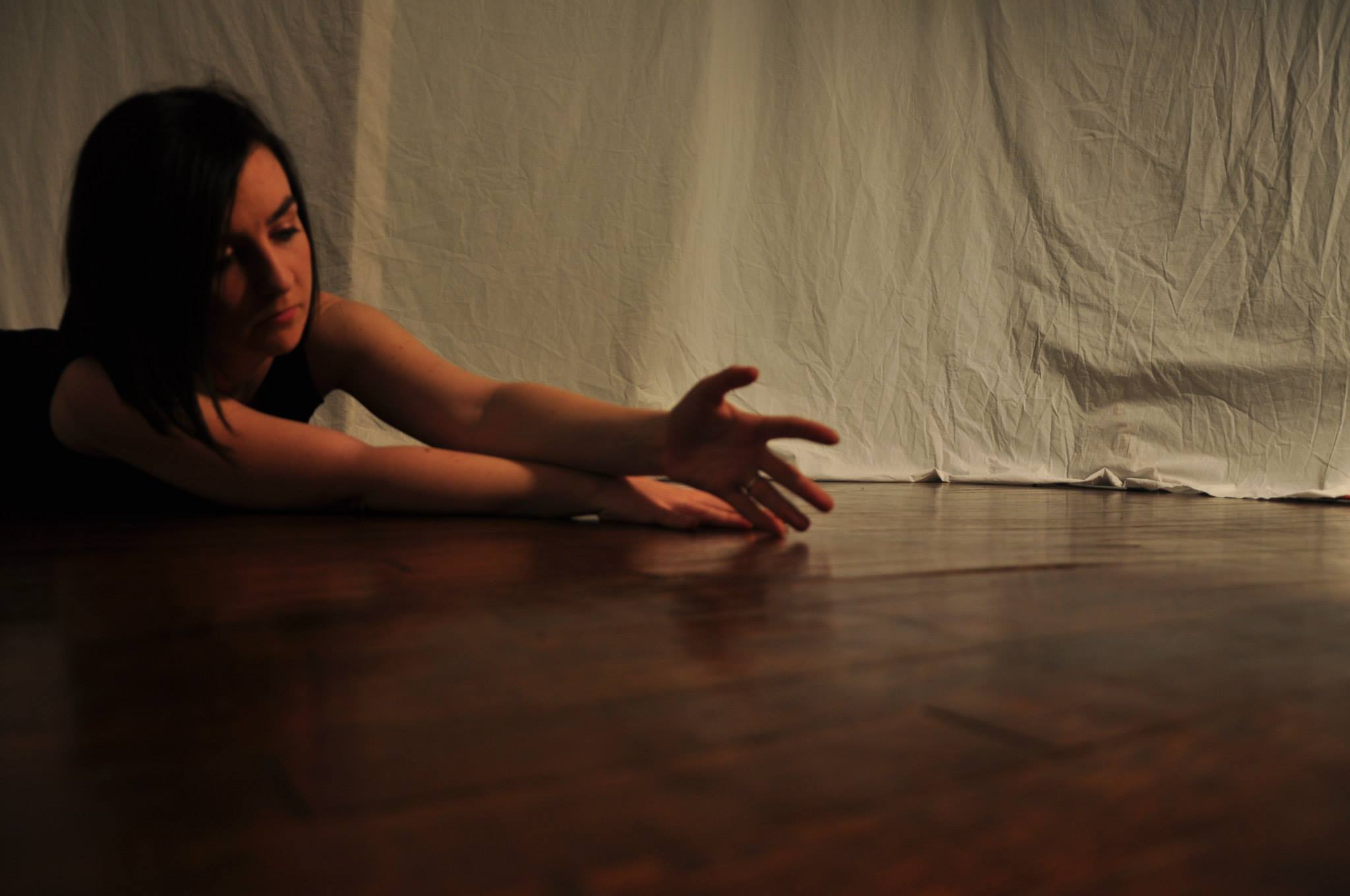Interviewer: Kerri Lyons Neimeyer
Interviewee: Lydia Hance
K: How did you become interested in dance film? What was your entry into that? Because I think most dancers, especially early on, think about being on stage and that is what they think of producing for. Although, you’re right that screens are ubiquitous now, so it does make a lot of sense that you would use that in the service of dance if you can.
L: I think I was drawn to dance film because I am so interested in and drawn to dance in other environments. I mean, I can’t always take an audience to where I want to make a dance. It allows me to offer things about dance that you can’t really get on the stage. For example, getting really close to a dancer. I mean, you can get close in small venues, but I’m talking really close. What if you want to see a wrinkle on somebody’s face? Also, the beauty of editing allows for the brain and the eye to see dance in a different way. You can tell a different story because you can make things happen really quickly; you can change location; you can change how you are seeing a dancer. A lot can be told through the choreography of editing. Oh, and another thing, you can ask a dancer to do things infinity times when you’re going back on a video. The human body gets tired. When I’m with the dancers and we’re working on something, I have to ask them to “do it again. Do it again. Do it again.” I don’t have any trouble asking a dancer on the screen to do it again while I watch it, and go through it, and get really focused and detail oriented. When you’re dealing with something that is recorded, there’s just more capacity to focus on detail.
And textures. I am so drawn to textures. And colors. And use of light. There is an importance to the theater, I mean, live performance is magical in a way that screened dance can never be. But screen dance does offer a lot in terms of storytelling, and tricks of the camera, and location. I would say number one, it fulfills my desire to make dance in a space that I couldn’t bring people to.
K: I am going to ask you to talk about the Frame Dance vision and what it essentially is; the ideas and beliefs that hold all of these things together, from the Little Framers to the film fest, from the times of hard work to the times of applause. What is it that runs through all of it that makes Frame what it is?
L: I’m trying to hold on to those things right now because I always get really nervous before the beginning of a season. I hear lies in my head, you know? Like, “Why are you doing this?” And I keep coming back to this idea that everybody is and can be an adventurous mover, and that when we dance, we become better humans. What keeps me going is seeing people’s lives change, or shift. Seeing their hearts open. I grew up in a very technical, career-bound dance environment, which equipped me to do what I’m doing. But there were a lot of times when my heart was pulled out of my body, it felt like. I was constantly asking myself, “Am I good enough? Do I have what it takes? Are they going to like me?” I want to help people get their heart back in their bodies and move. And then to use that movement to find out more about themselves, about who they were made to be. All with the belief that they don’t need to change who they are to be a dancer. I mean, technically we want to grow, but, dance is this gift, and I want everyone to experience it. I think that in a lot of ways dance has become for a select few, and that makes me really sad. We find out so much about who we are and the world that we live in through moving and through dancing. This is how we are on earth; we are in a body. The capacity for the body to move and do these incredible things, small or big, changes how we think, changes how we see each other, and it changes how we feel about ourselves. When I walk out of MultiGen on Saturdays, I see people who have found out who they are again. Dance has the power to do that. I have to remember that that’s the work. When I get discouraged, or things don’t seem to be going in a way that I think that they should be going, or things seem a lot harder than they should be, I have to remember to trust the work itself. One really great example of this happened after I had Micah. When I was pregnant, I just didn’t feel good. I moved, but I didn’t like moving. I didn’t like being pregnant. And then I broke my tailbone during delivery. So, after delivery, I just felt awful. All you’re doing is sitting down and nursing with a newborn, and I couldn’t even sit down without being in unbelievable pain. Then I went to this workshop with Anna Halprin when Micah was about 40 days old. So, I flew out to California to go to this workshop, and I remember we were doing all of these very simple human movement things, and I was there but also sleep deprived. I danced and I moved as much as I could. And then there was a part of the workshop when we started activating our voices in order to inform our movement, and we started humming. It was the smallest movement, but we started doing it at the very base of our pelvis, and with just that tiny movement from humming down where my tailbone is, I felt it starting to heal. It was like, “Oh, yeah. I can trust dance. I can trust the work.” And it’s not just me. It’s me, and this community gathering around this really powerful thing called dance. When I remember that, when I remember that it’s healing – for myself, too – I remember that there’s a reason why.
K: It makes me think, too, about how it is in everybody. It’s so natural. With Micah you probably learned all over again just how born with it we are; how we are born with movement, and rhythm, and expression through non-purposeful movement, which is dance. Like, not reaching for the ball, but moving to move.
L: Yeah, so the next summer I started doing this thing called Daily Dances because I was trying to figure out how to dance in my everyday life. I talk about how dance should be in everybody’s life, so I was like, “OK, Lydia, do that. Do that yourself! Don’t just encourage other people to.” I started out for a month, every day doing something in my life where I was just dancing, or I was dancing to accomplish another task, moving my body, I guess like you’re saying, in a non-purposeful way, or in the least direct way. Now it’s pretty awesome because Micah is like, “Mommy, dance! Mommy, my dance! Mommy, let’s dance.” He asks for it, and I don’t know why I’m surprised. I love that it’s part of him, that it’s part of his experience growing up. When he’s really excited he starts dancing around, or I’ll turn around and he’s doing something creative with his body. But I also wonder when he’s thirty and starts telling stories about how he would walk outside and his mother is rolling around in the grass, and what kind of implications that’s going to have. Hopefully good.
K: Any last things?
L: I want everyone to know that they are welcome. We want them to be a part of our community, whether it’s in a movement class or dance class, little child, pregnant mom, youth, mom with a sixteen year-old. BOYS. Men. Everybody’s welcome. There’s no pre-req for what we do. We believe that dance is for everybody and that there are a lot of ways to do that. Dance is life-giving and brings joy. Moving the body does incredible things for the heart and the mind. I just want everybody to dance.



![Relaunch of Frame|Work [Blog] Relaunch of Frame|Work [Blog]](https://www.framedance.org/wp-content/uploads/2015/09/LoveMe.jpg)

